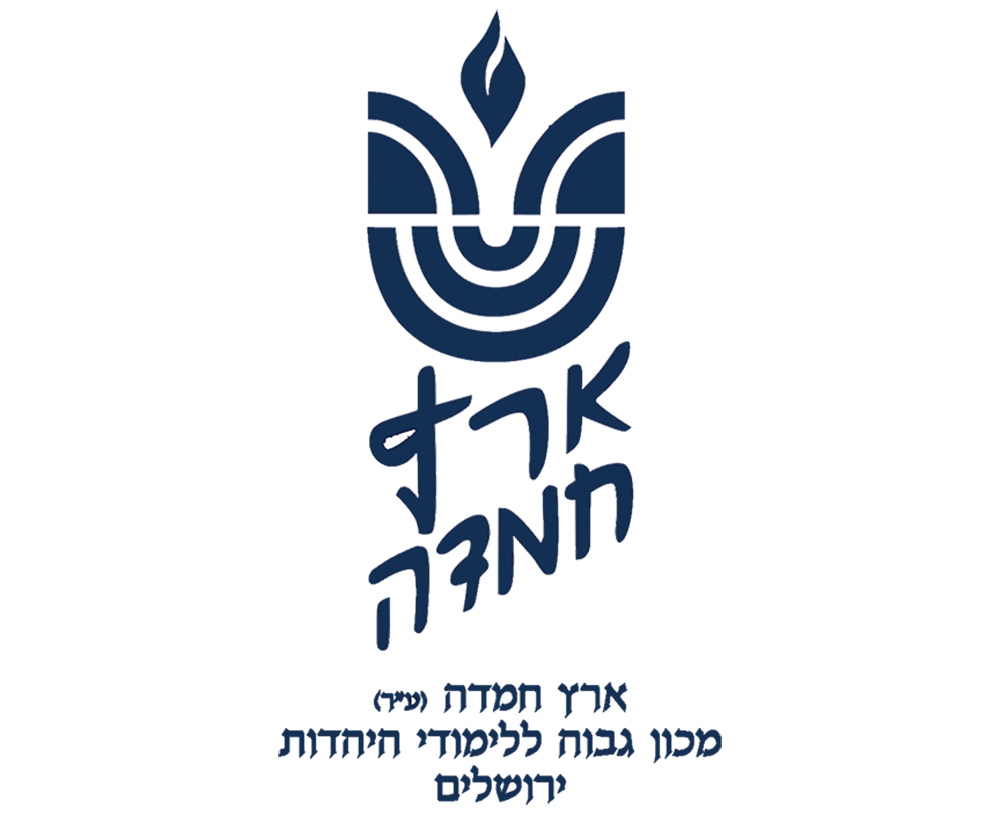לעילוי נשמת
יואל אפרים בן אברהם עוזיאל זלצמן ז”ל
Question: I now eat matzah throughout the year as a replacement for bread as a big part of reducing salt intake, on doctor’s orders. My family minhag I have always kept is to suspend eating matzah from Rosh Chodesh Nisan. May I continue to eat matzah until Erev Pesach?
Answer: The Yerushalmi (Pesachim 10:1) forbids eating matzah on Erev Pesach, comparing it to having relations with one’s fiancée before their wedding. One explanation is that when eating matzah is about to be a mitzvah, one should wait to eat it as a mitzvah as opposed to personal desire (see Levush, Ohr Chayim 471:2; Igrot Moshe, Orach Chayim I:155). The Rambam (Chametz U’Matzah 6:12) says that it is to make the mitzvah of matzah recognizable. There is a machloket among Rishonim whether this restriction is only at the time of day when it is already forbidden to eat chametz (Rosh, Pesachim 3:7) or is all day (Ramban, Pesachim 15b of Rif’s pages, accepted by the Rama, Orach Chayim 471:2). Poskim disagree regarding the night before (see opinions in Dirshu 471:7). (This is important when Erev Pesach is on Shabbat—see Living the Halachic Process IV, D-15). Before this time, no one forbids eating matzah on standard halachic grounds.
The expansion to well before Pesach came at the time of early Acharonim. The Sheyarei Knesset Hagedolah (471, HBY 3, quoted as an option by several Acharonim) cites a minhag in Constantinople to refrain from eating matzah from Rosh Chodesh Nisan. Rav Moshe Feinstein (Igrot Moshe ibid.) explains the logic as follows. Once one is already supposed to be thinking about Pesach, there is logic to avoid eating matzah before it is a mitzvah. The earliest time is 30 days before Pesach (see Pesachim 6a), which is too early to expect of most people, but it is positive if righteous people accept it upon themselves from Rosh Chodesh or even 30 days.
The Sheyarei Knesset Hagedolah seems to understand the rationale differently. He connects the minhag to a minhag the Rama (ibid.) brings to eat a minimum amount of matzah on the first day of Pesach in Chutz La’Aretz to help go into the second Seder with an appetite for more matzah. This stresses the “experiential” rather than the matzah’s halachic status.
Even on Erev Pesach, a few leniencies might apply to your case. It is agreed that it is only for the type of matzah one can use for the Seder, which excludes at least matzah ashira (egg matzahs) (Shulchan Aruch, Orach Chayim 471:2). It is a good question whether it applies to matzot whose physical qualities are like matzot for Pesach, but were not prepared with the halachot of matzot for Pesach. The Rivash (Shut 402)—stressing the halachic side—forbids eating such matzah on Erev Pesach because of the opinions that permit them for the Seder if proper matzot are not available. The experiential approach helps us understand the lenient opinion regarding the “extension time” that those who always eat hand-matzot at the Seder may eat machine matzot before, because they taste different (Piskei Teshuvot 471:4 based on unnamed poskim).
Based on regular halachic rules, there is no need to be machmir on an optional extension of a rabbinic halacha in the face of important health considerations. (Even if you can find dietary alternatives, few people are good at effectively changing a system that is working.) The problem is that you have been refraining even from matzah that is not for Pesach. While a family minhag is weaker than the minhag of a place (Pitchei Teshuva, Yoreh Deah 214:5), since you have been following it as an adult (ibid.) and especially if it has been in your family for generations (see Kol Nidrei 75:8), it should be binding on you.
You might draw on the Divrei Yatziv’s (Orach Chayim 188) logic that it should be permitted to eat matzah due to sickness, because it is not giving in to desires. Even if we will not rely on that logic, we usually assume an originally optional family minhag does not apply when a special strong need exists to not follow it (see Chayei Adam II:127:6). However, it is best to also do hatarat nedarim (annulling of vows) on the minhag (see Kol Nidrei 76:3).
Rabbi Mann is a dayan for Eretz Hemdah and a staff member of Yeshiva University’s Gruss Kollel in Israel. He is a senior member of the Eretz Hemdah responder staff, editor of Hemdat Yamim and the author of “Living the Halachic Process, Volumes 1 and 2” and “A Glimpse of Greatness.”













